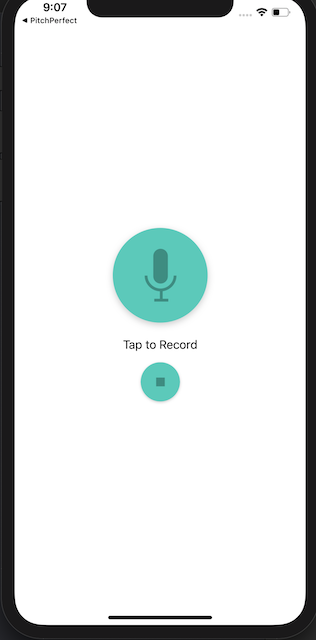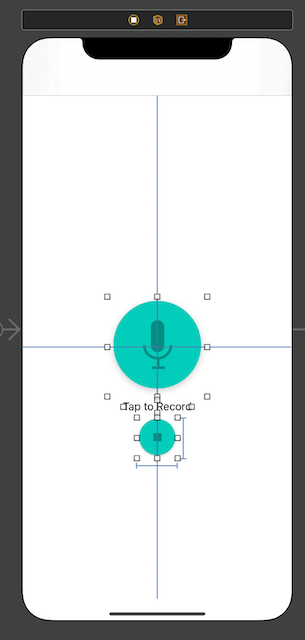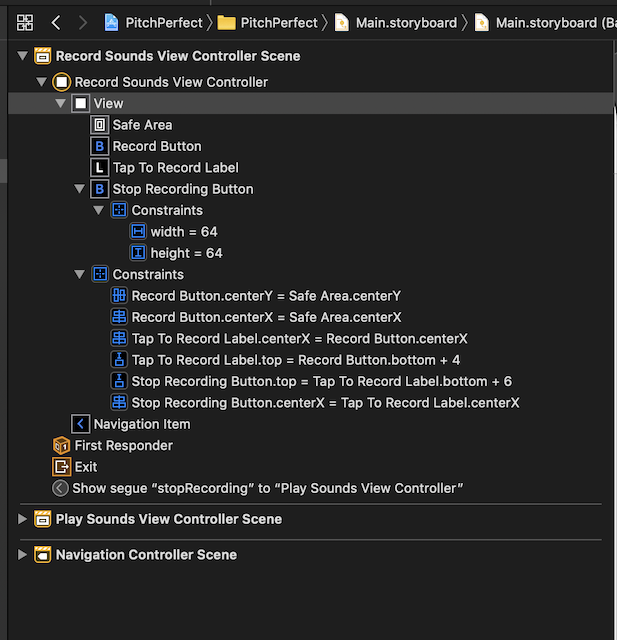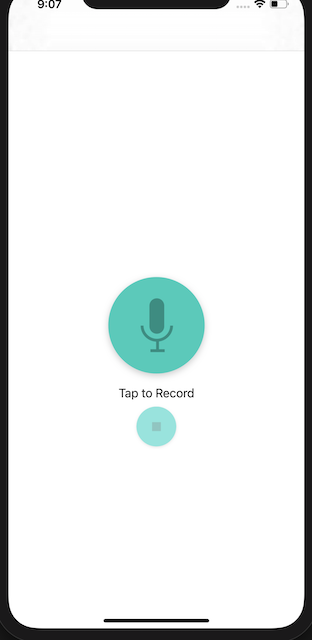05 Dec 2019
iOS - swift ui
SwiftUI vs Traditional UIKit Components
SwiftUI:
- declarative
- define by
UIViewhierarchies with reusable components
- define by
- everything is contained within a
UIView - data driven
- no need for
ViewController
- no need for
UIKit
- imperative
- strict, explicit user interfaces
- defined
UIViewrelationships - defined autolayout constraints
- tightly coupled to a
ViewController
SwiftUI vs Storyboards vs Programmatic UIKit
Storyboards
Pros:
- what you see is what you get editor
- UI changes are updated immediately
- drag and drop components
- no code,
XMLis autogenerated
Cons:
- difficult to debug
- merge conflicts
- difficult to visualize UI in pull/merge requests
- failure to connect
IBOutlets fail at runtime, not at compile time
Programmatic UI
Pros:
- ability to create reusable components
- ability to debug
- easier to merge and avoid hard to read merge conflicts
- different ways to set autolayout constraints:
- Visual Format Language
- NSLayoutConstraints
- NSLayoutAnchor
Cons:
- no what you see is what you get editor
- UI changes are NOT updated immediately
SwiftUI
Pros:
- no need to worry about setting autolayout constraints - it does it for you!
- enables devs to write less UI code and focus more on business logic
- much much less UI code
- automatically handles dark mode
Cons:
- still new, lots of kinks and bugs not worked out
- does a lot of “magic” since it infers layouts and size based on declared layouts and the device its displayed on
SwiftUI vs Storyboard UIKit vs Programmatic in comparison
SwiftUI
struct ContentView: View {
var body: some View {
VStack(spacing: 10) {
Button(action: {
print("RecordButton button tapped!")
}) {
Image("RecordButton").renderingMode(.original)
}
Text("Tap to Record")
Button(action: {
print("Stop button tapped!")
}) {
Image("Stop").renderingMode(.original)
.resizable()
.frame(width: 64, height: 64)
}
}
}
}
Result:

Storyboard UIKit
Main.storyboard:


Result:

Programmatic
Til next time,
lovelejess
at 18:10

